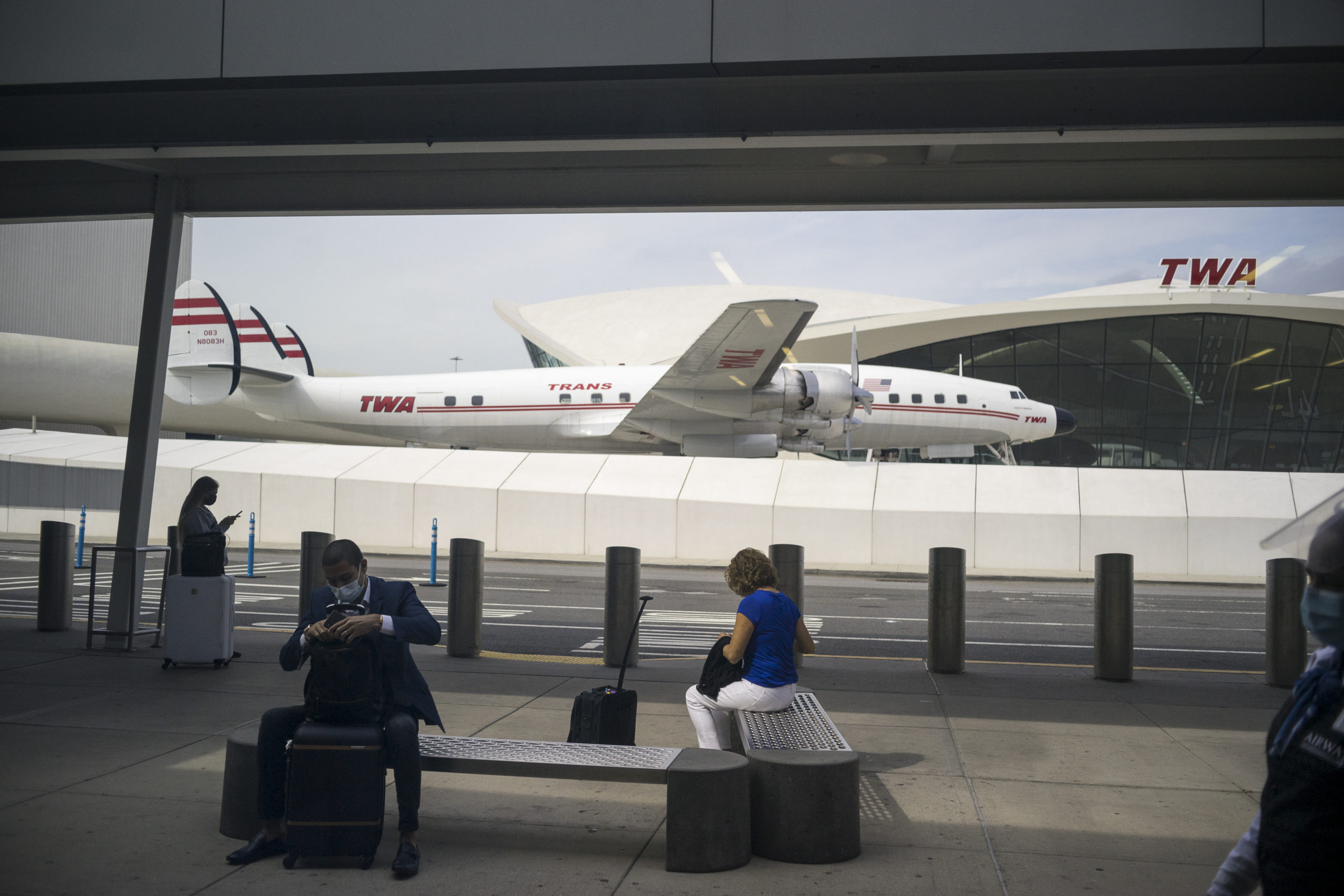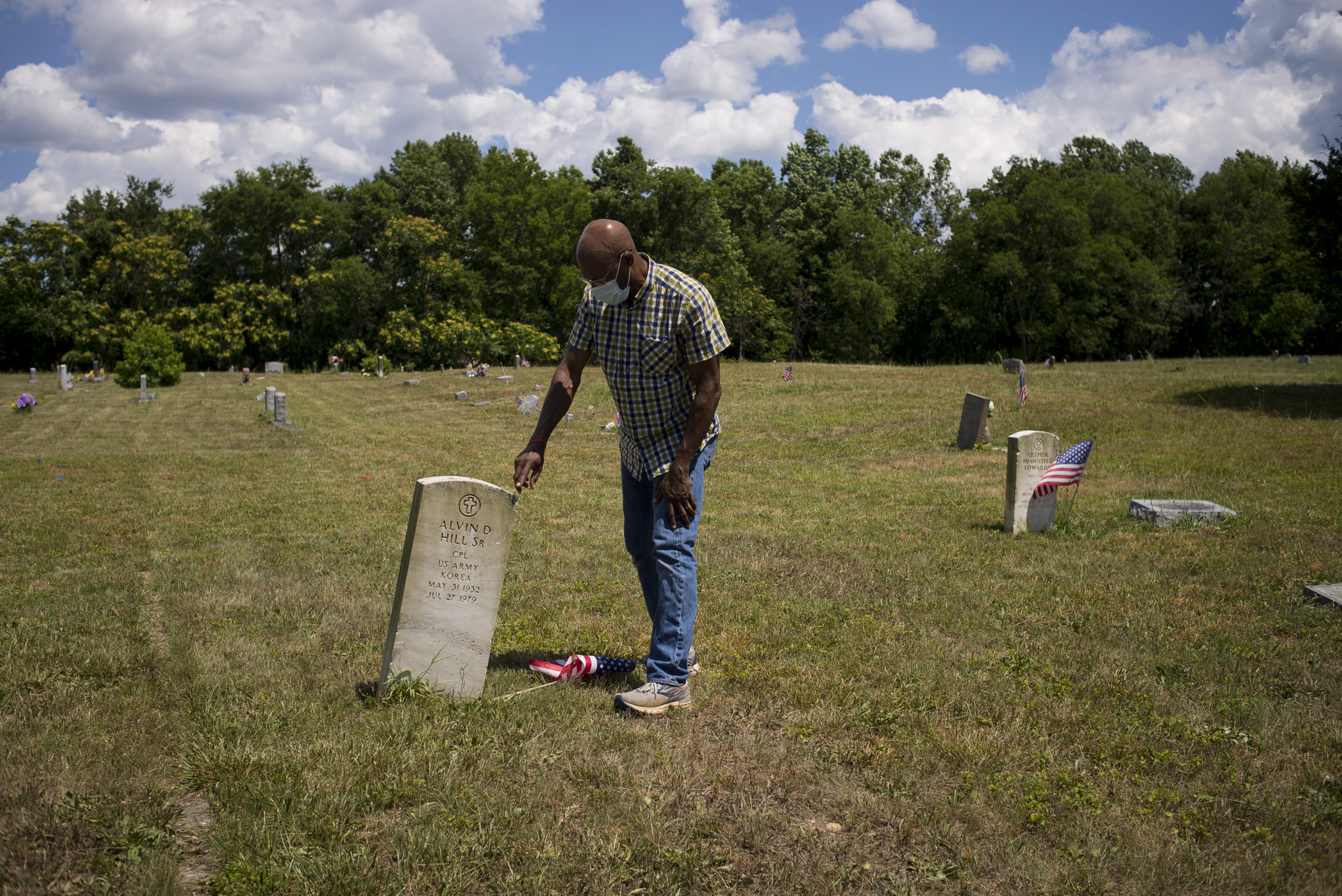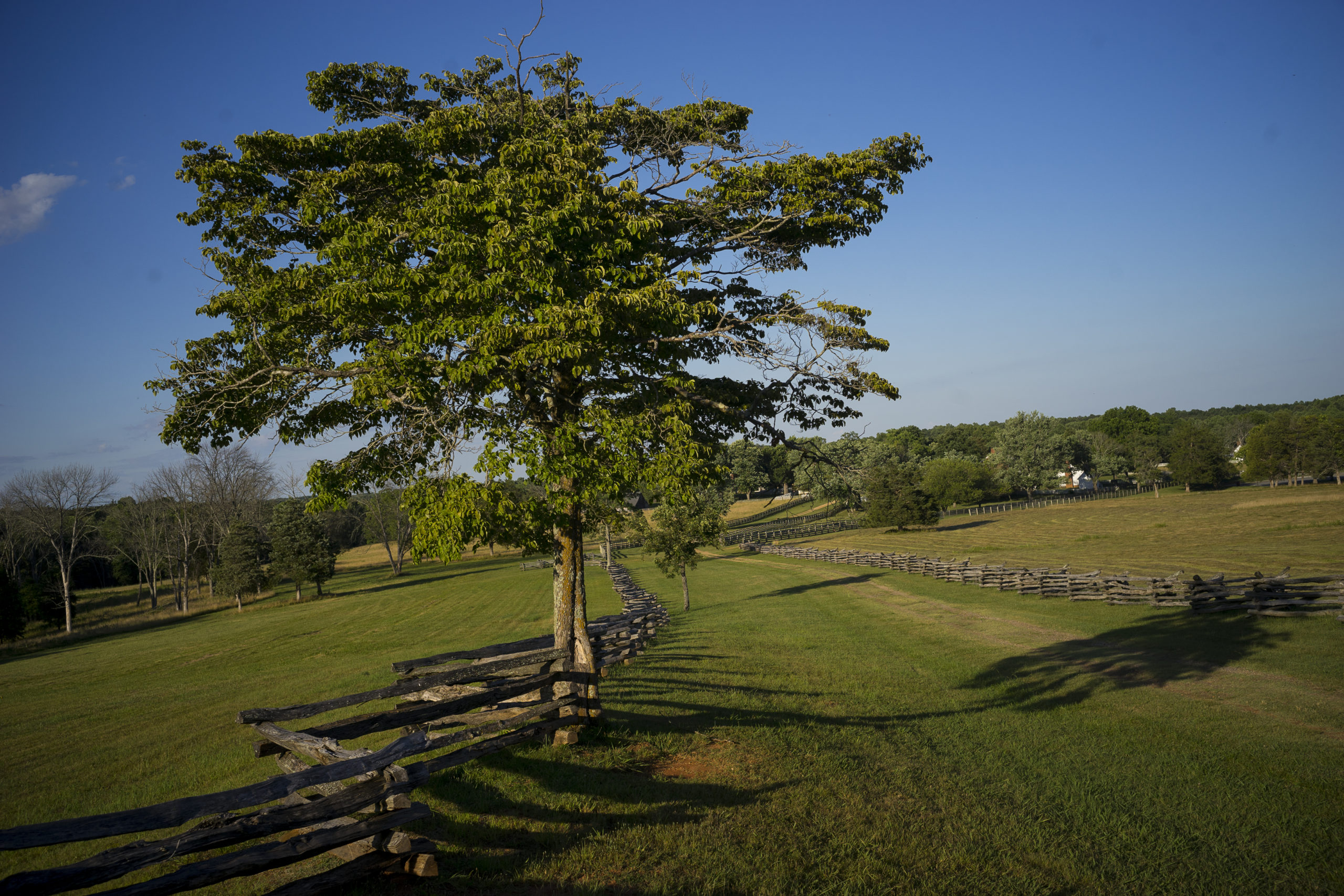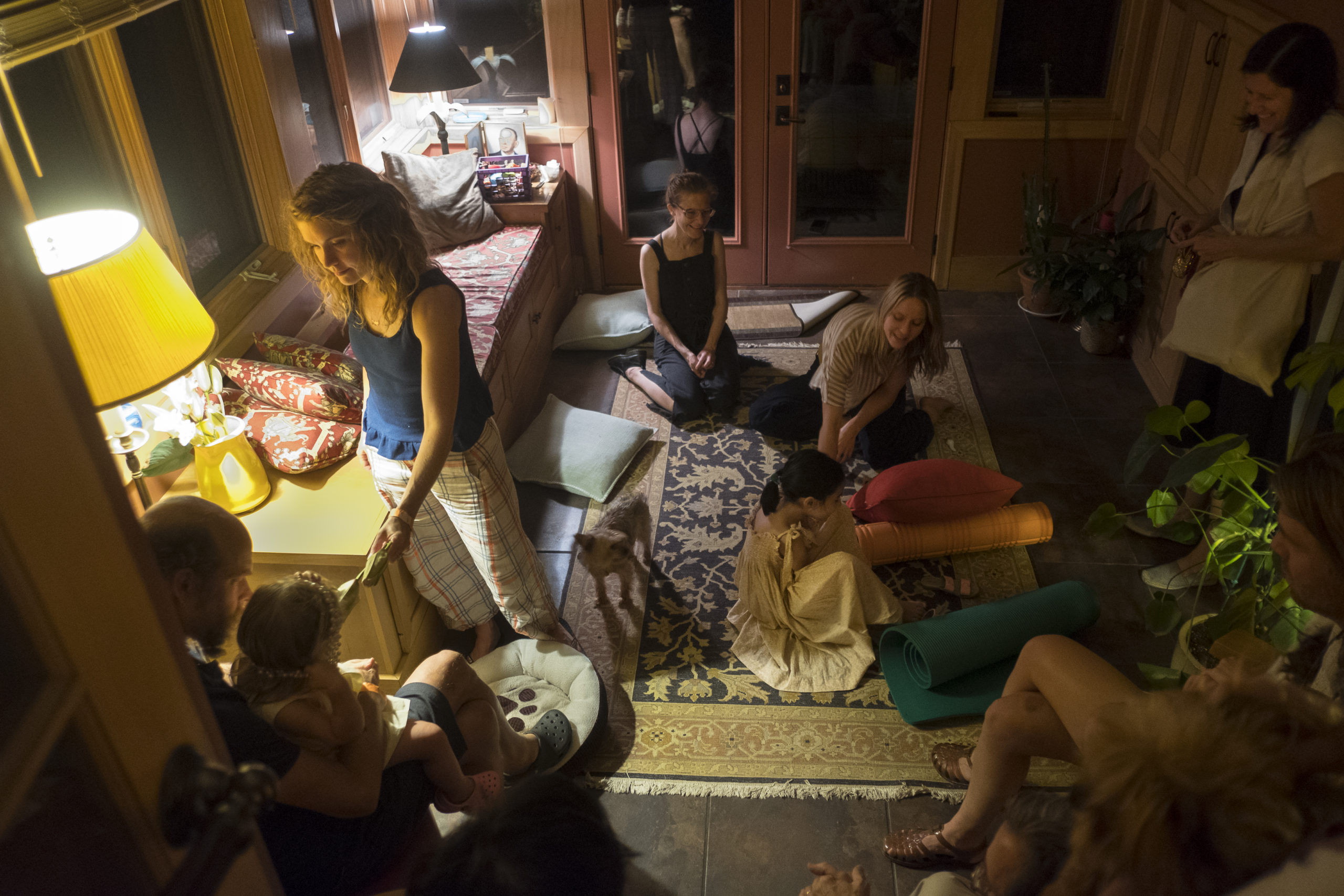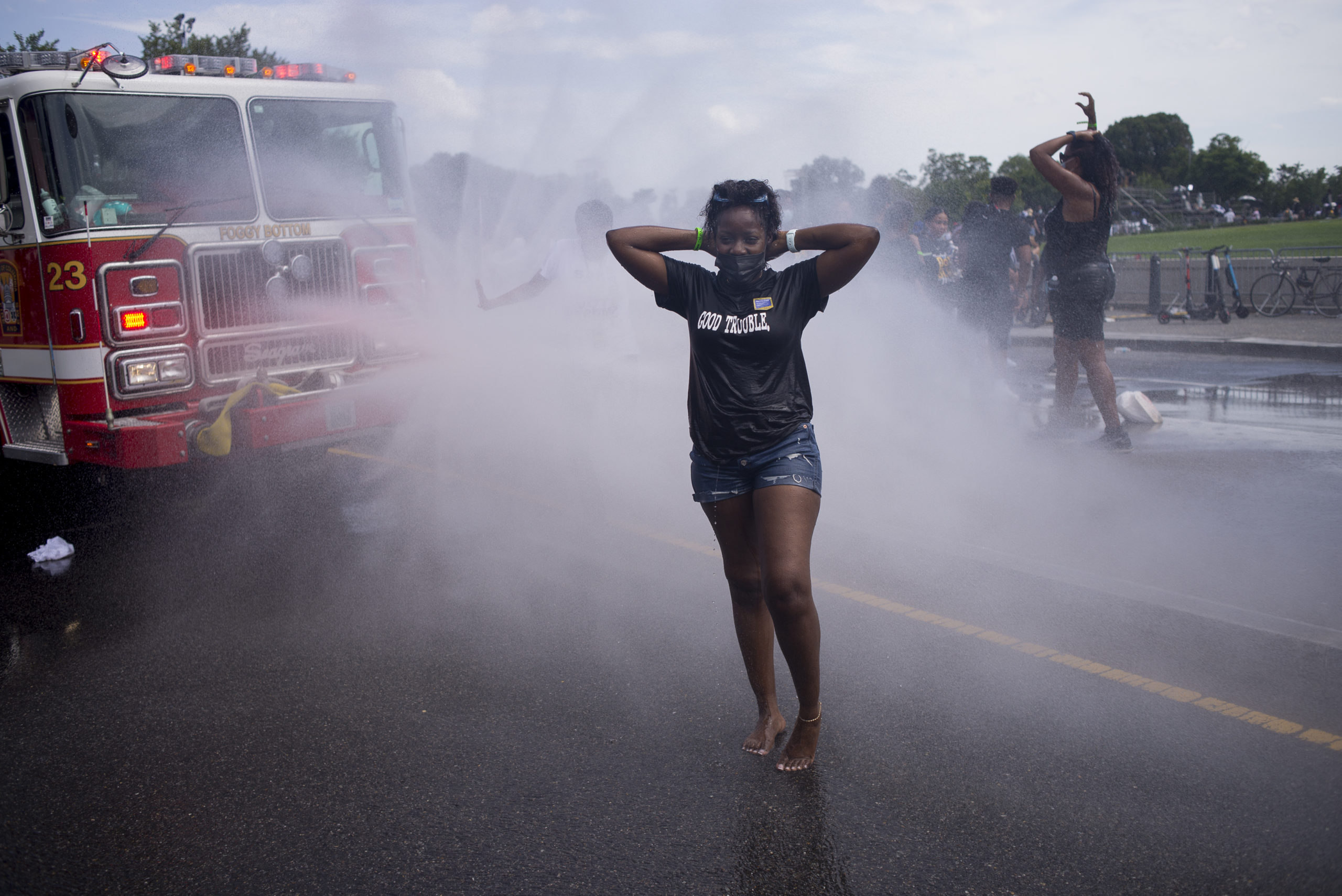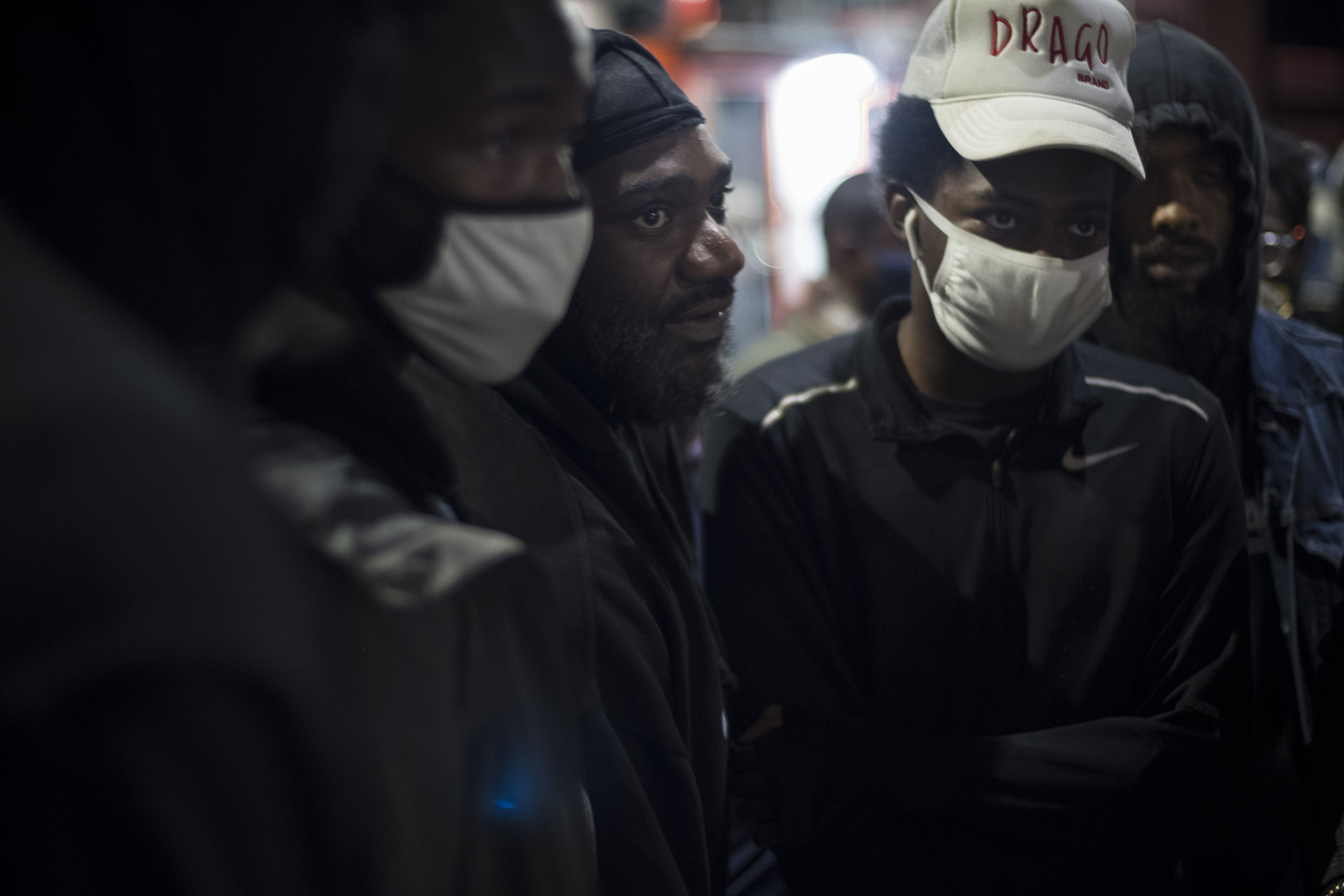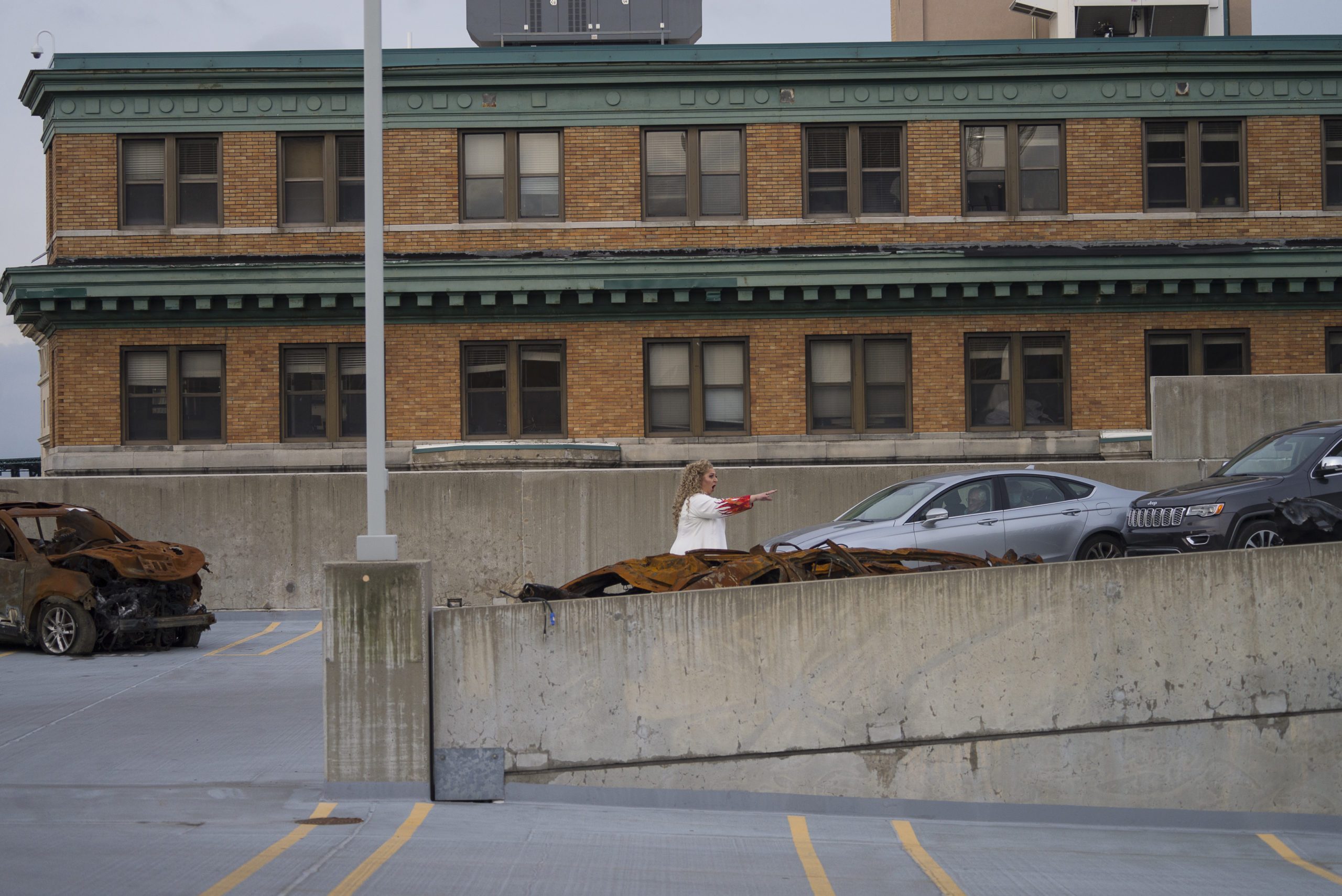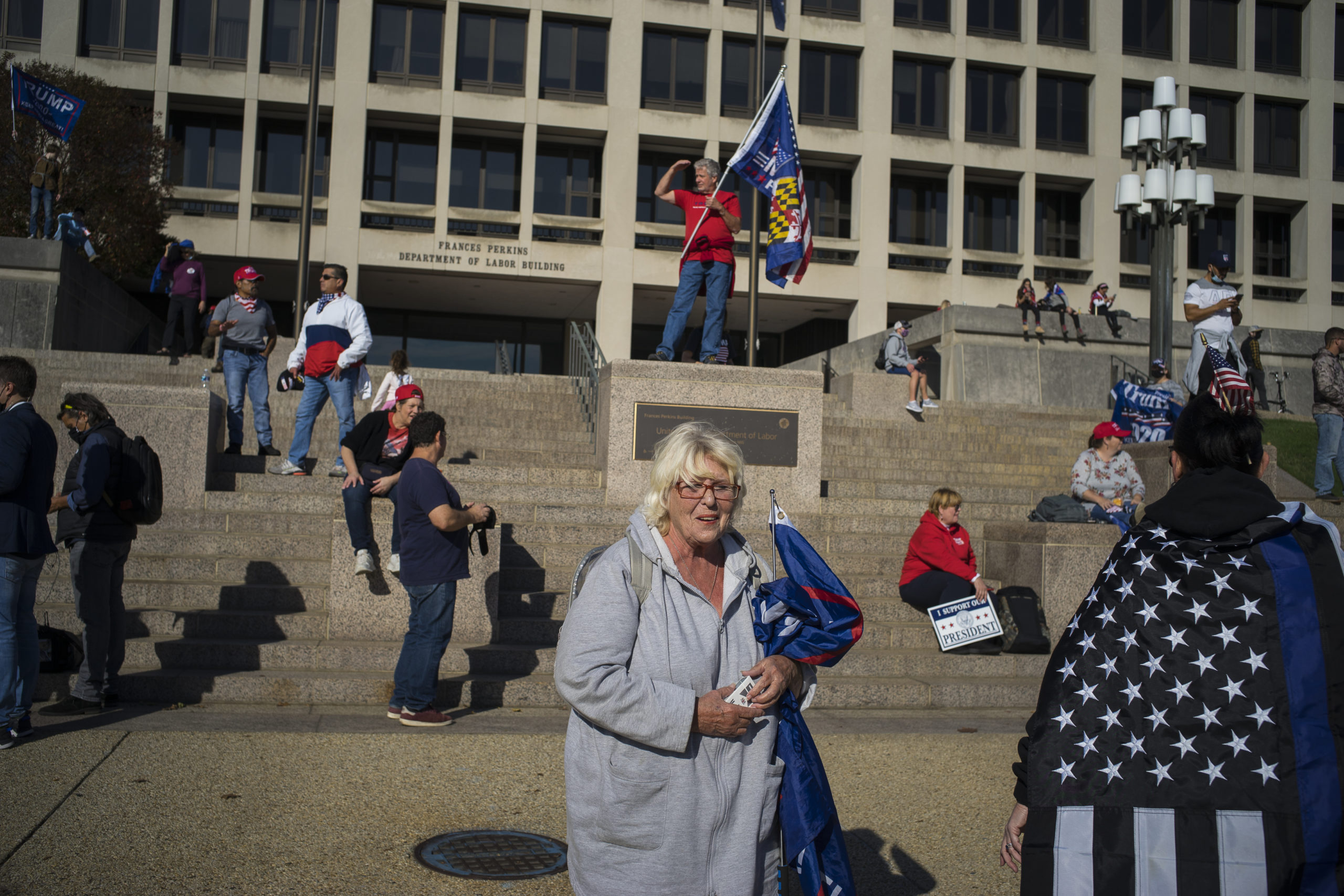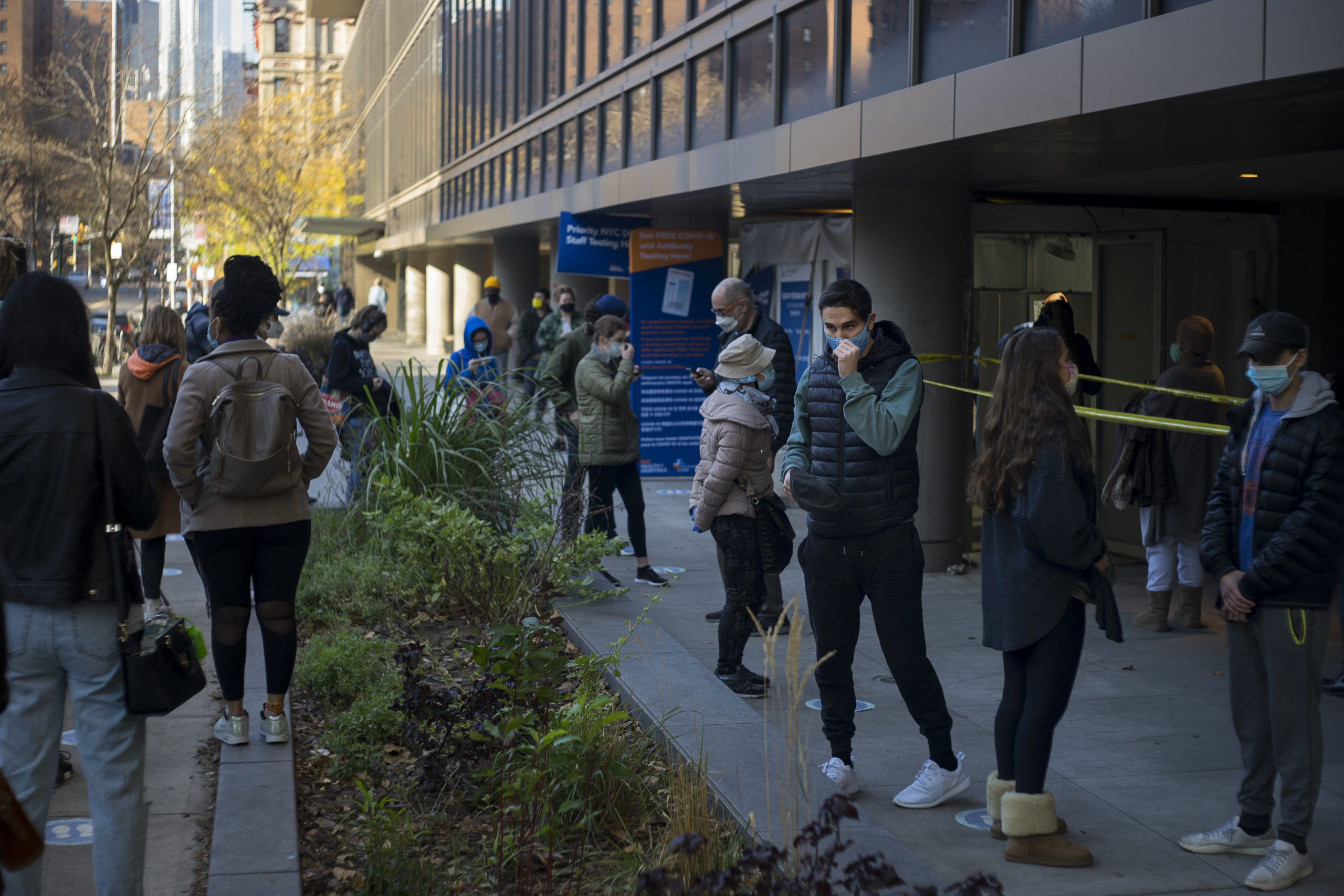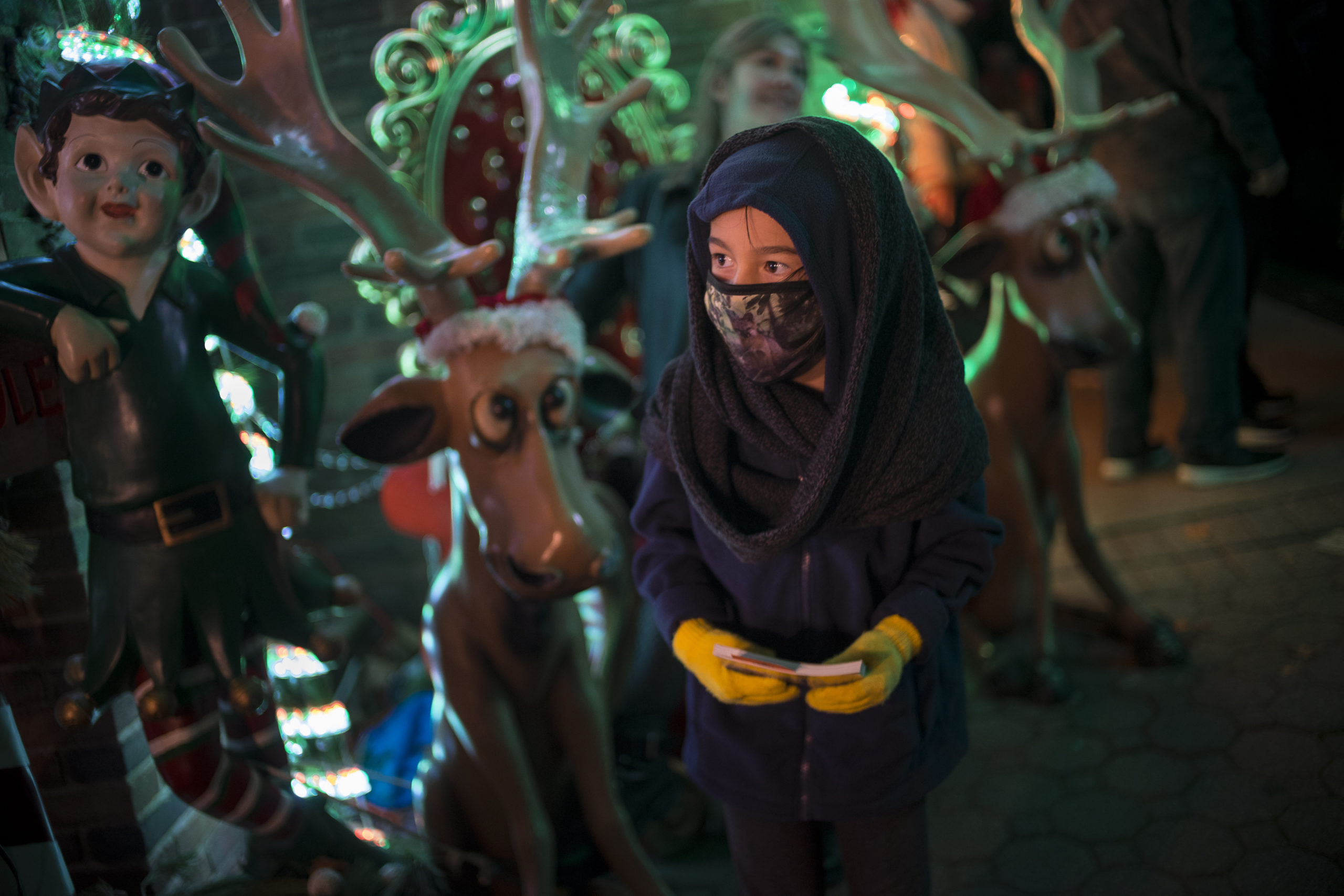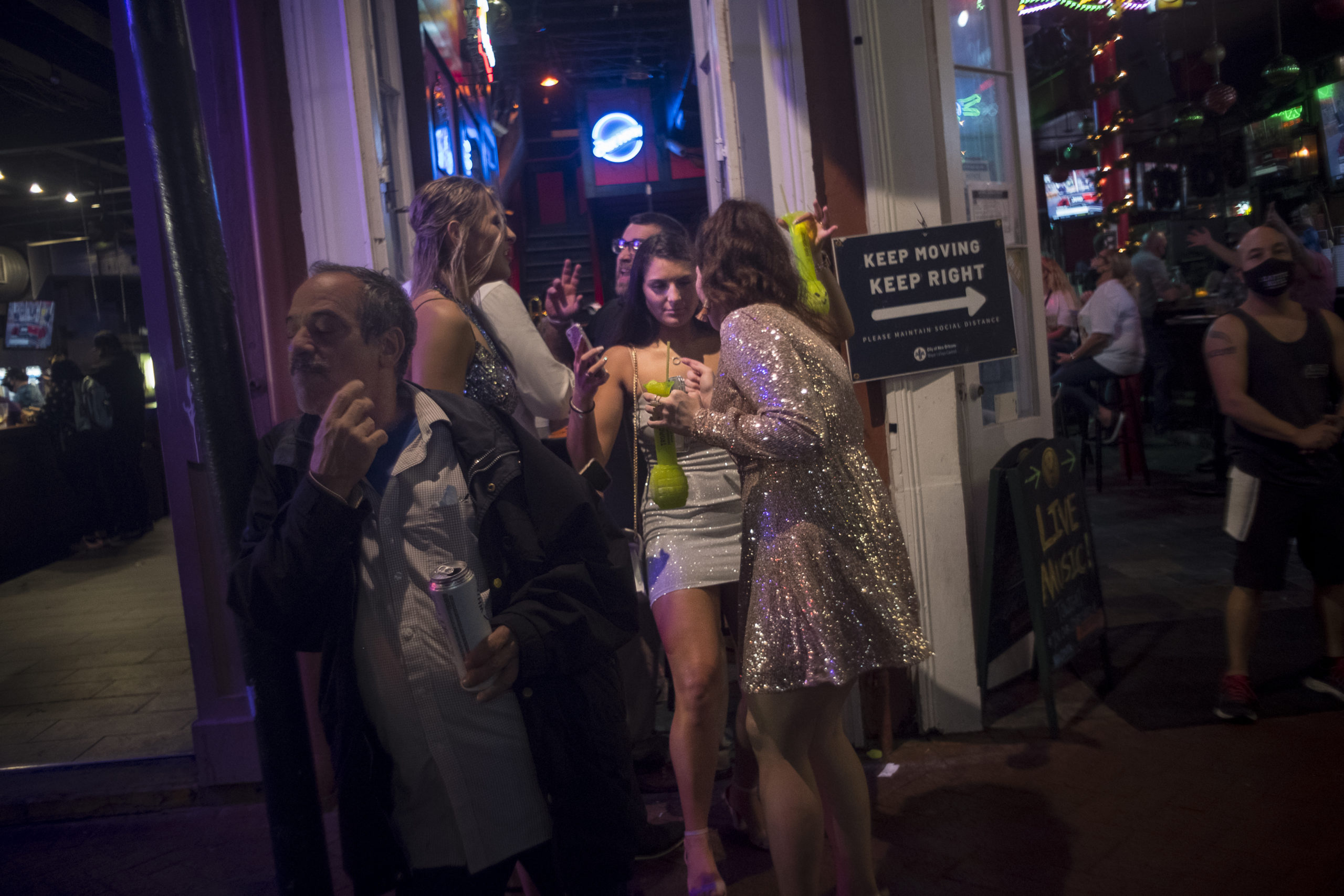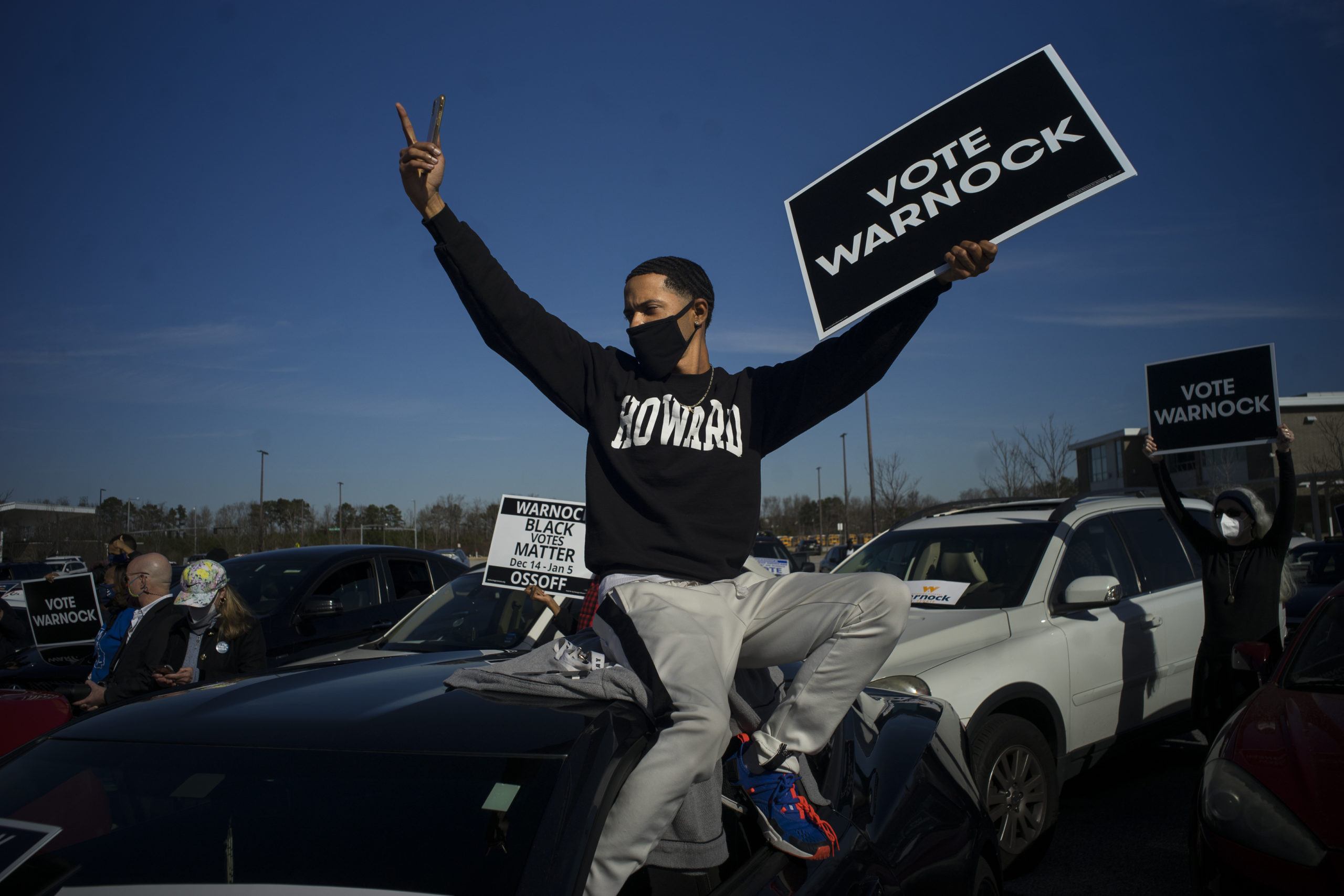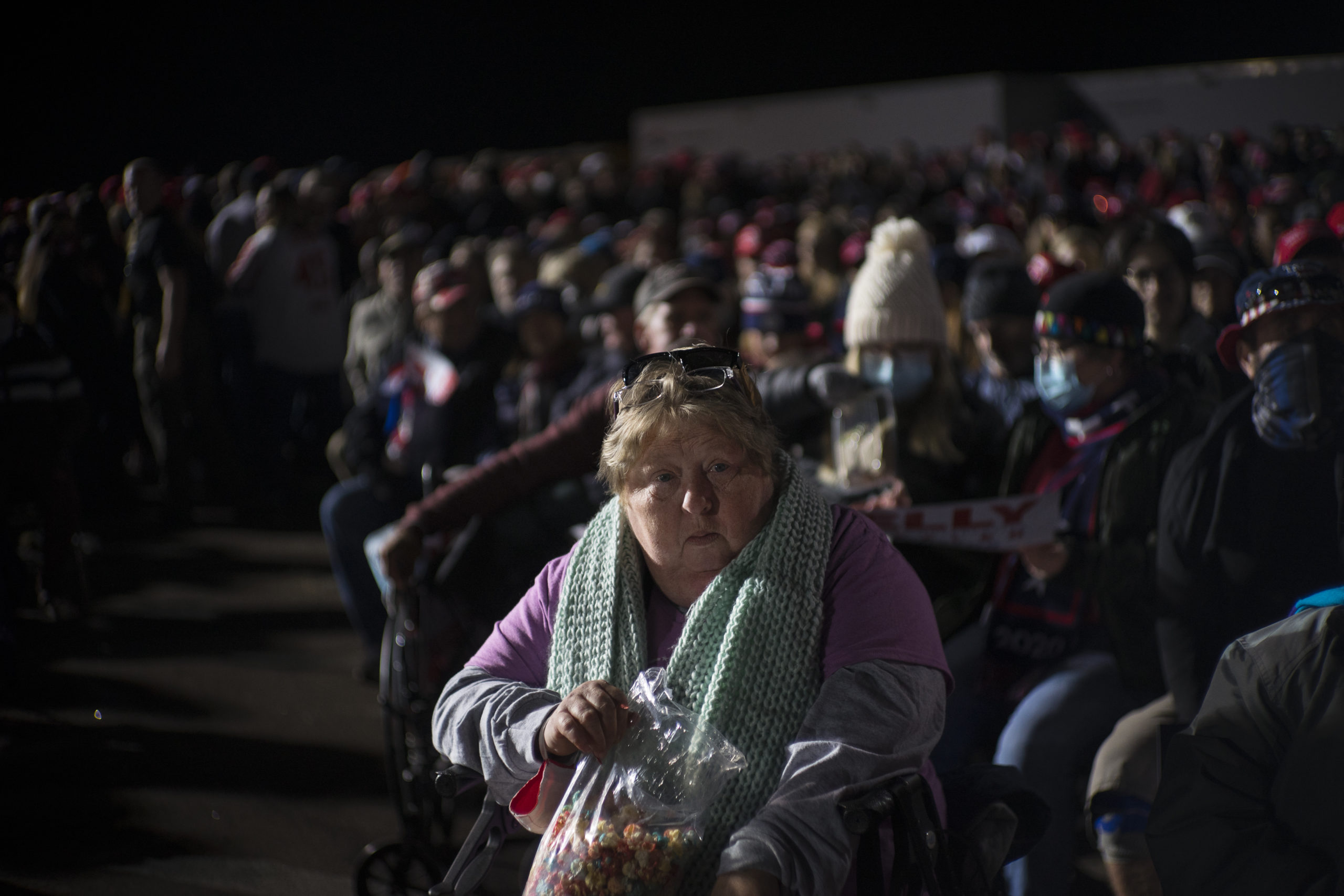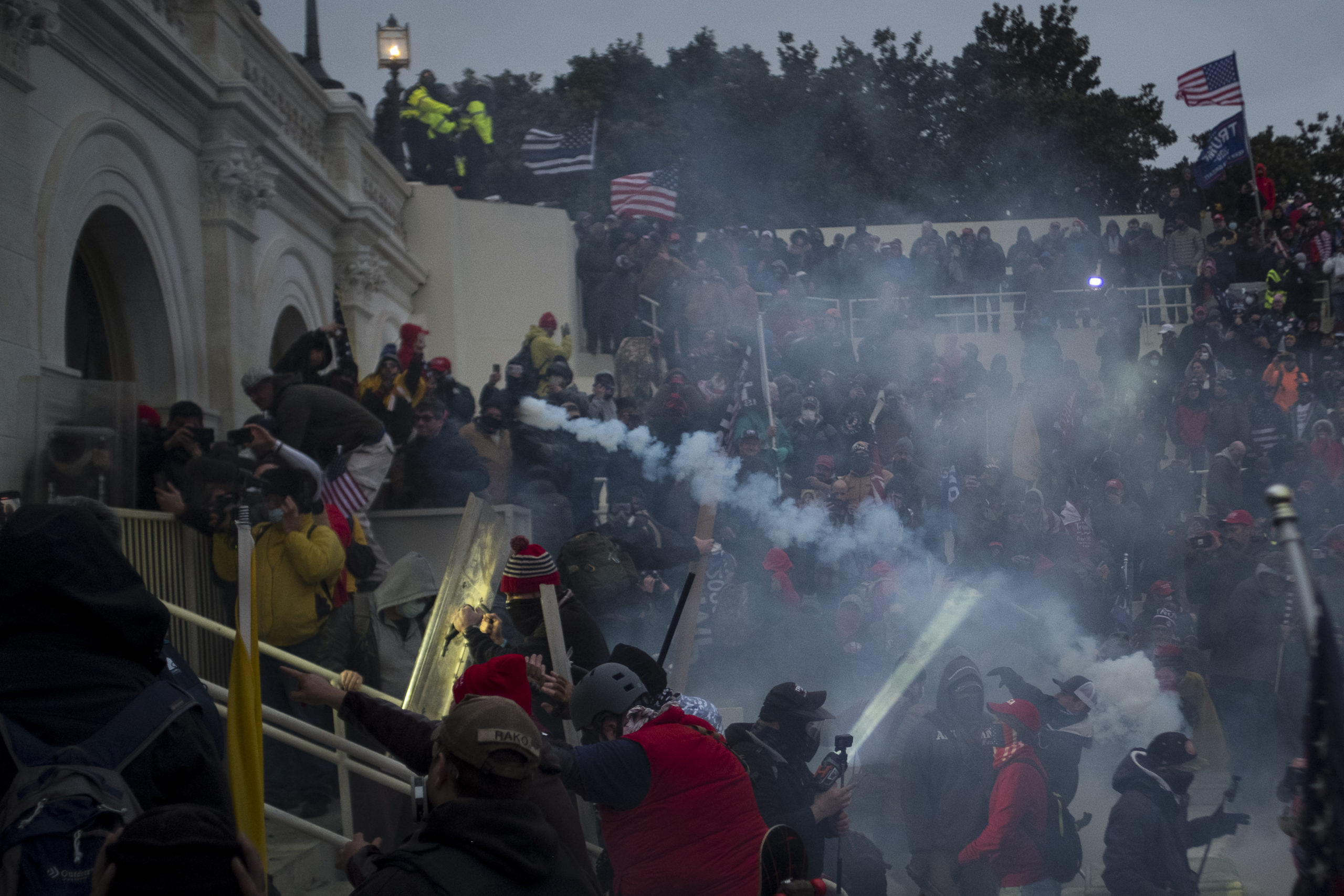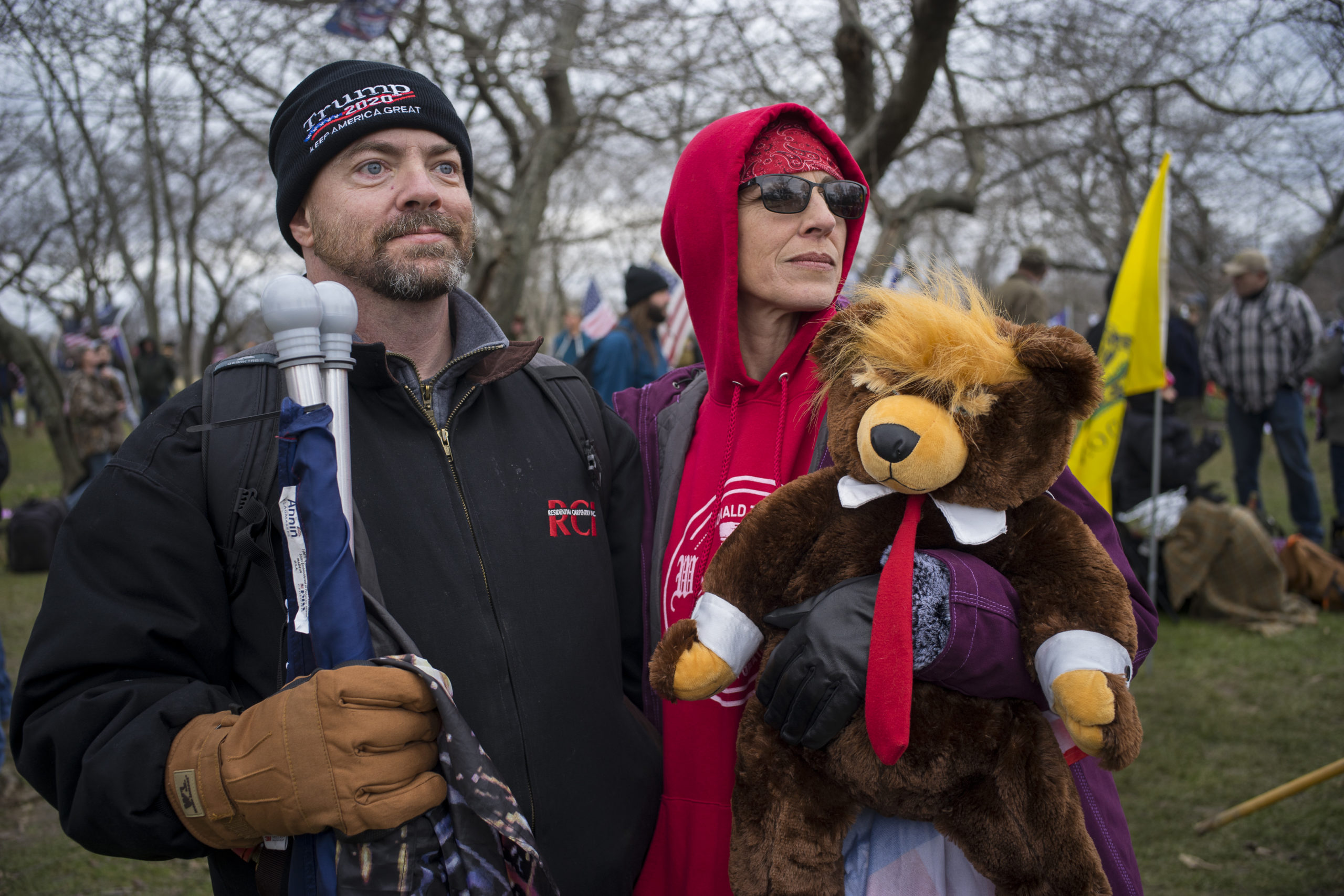It’s easy to forget, given the ways culture and commercialism condition our stories, just how much happened to these United States in two short years. In 2020 and 2021, the country confronted the COVID-19 pandemic, the violence of white supremacy, and the beginning of the end (we’re still not sure) of American democracy — or, at least, the beginning of an end to our rosy, Cold War–winning version of it, an ending that would be inextricable from those first two crises even without the specter of Donald Trump.
That big picture and the roots at which those three threads intersect — racism, inequality, a uniquely American indifference to the human condition of actual Americans — were obscured in the news, whose headlines treated each idea as a discrete event. But Alan Chin saw it differently, immediately, and he set about chasing a full picture before most of his fellow journalists. The result is Infinity Goes Up on Trial, something of an odd little book — and a priceless visual record of an incredible American moment.
Chin has been working as a photojournalist for more than twenty years, at the literal front lines of the world’s biggest stories — Ground Zero, Bosnia, Afghanistan, Iraq, Ukraine. He’s a newsman, but he’s really a humanist — the professional who gets the shot, and the artist who infuses it with heart. In Infinity Goes Up on Trial, Chin is both, while answering only to himself. The combination of this unusual freedom and his remarkable blend of experience and instinct creates a simultaneously personal and collective record of two years that undid so much certainty, and confirmed so much injustice for so many people in (or held captive by US policies outside of) the United States.
Chin’s book tells the story of the pandemic, of Black Lives activism and backlash, and of his own family, displaced by the pandemic for months. Blissfully, his book does not manhandle the meaning of these photos: pictures of strangers mingle with photos of his family. His intricate storytelling is all the more inviting for its refusal to draw the people he photographs as characters, or to purify the subjectivity of his storytelling by shaping it into familiar arcs (or even very many actual words, with the captions all swept into the book’s last pages). The photographs themselves saturate the page in color and in size, and one flips through the book like it’s an old family album: Who are these people? one wonders, with that mix of curiosity, respect, and awe (which, in another shade, is fear) one might bring to an encounter with one’s own distant lineage.
In Chin’s book — and in this Cutting Room excerpt, which draws on photographs that didn’t make it into the final text — we meet dozens of people. We peep at their political pageantry and their personal trauma, but we are not asked for the usual inauthentic performance of American virtue — which is to say, Chin does not demand his viewers’ empathy. He asks us, simply, to observe. Observe these people — and ourselves — and observe our collective, existential contradictions. Make what meaning you will, but do not make the mistake of thinking this is a story that is, ever, finished.
— Jina Moore for Guernica
Alan Chin’s debut book, Infinity Goes Up on Trial, is out now from Jet Age Books.
